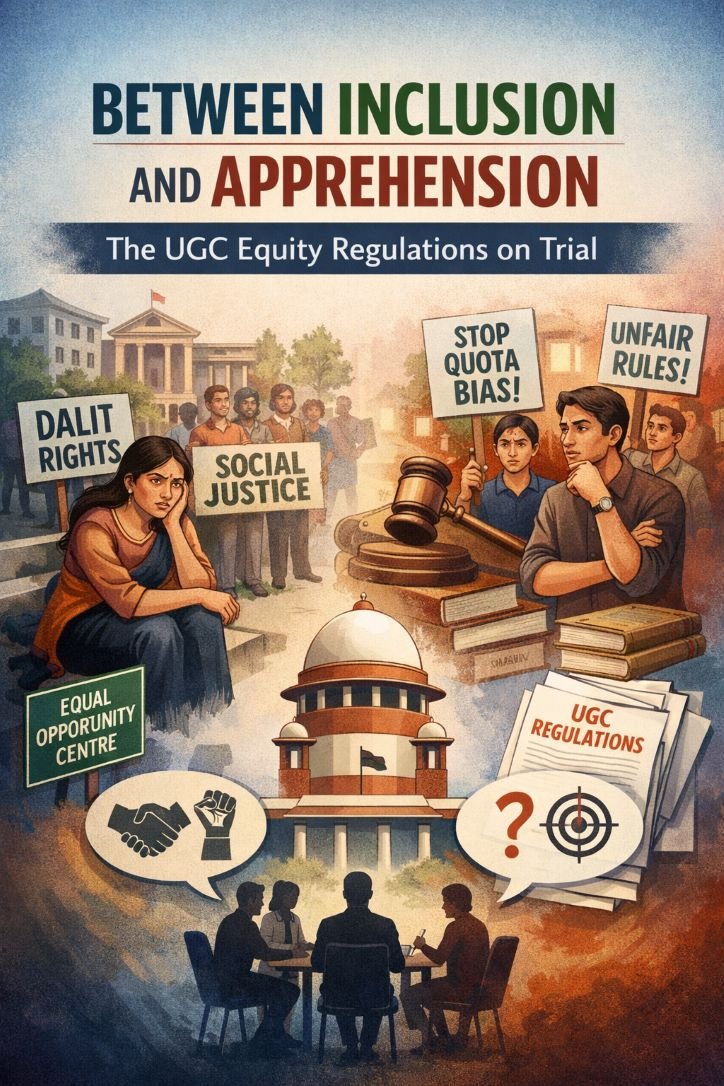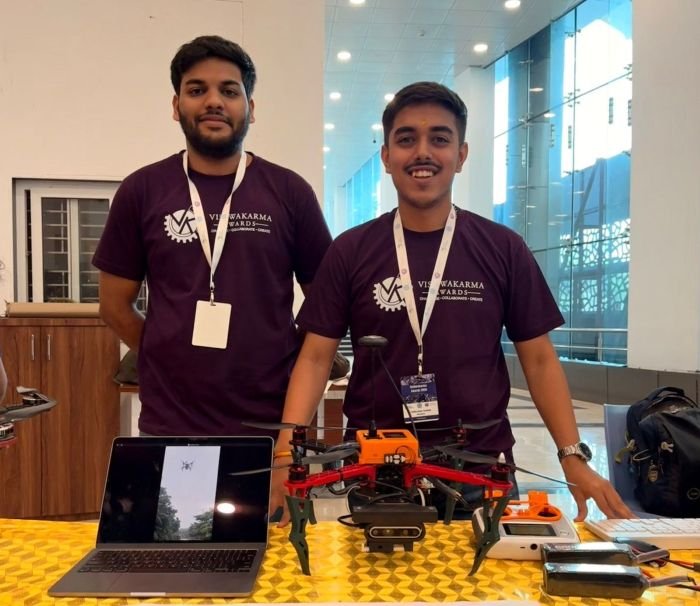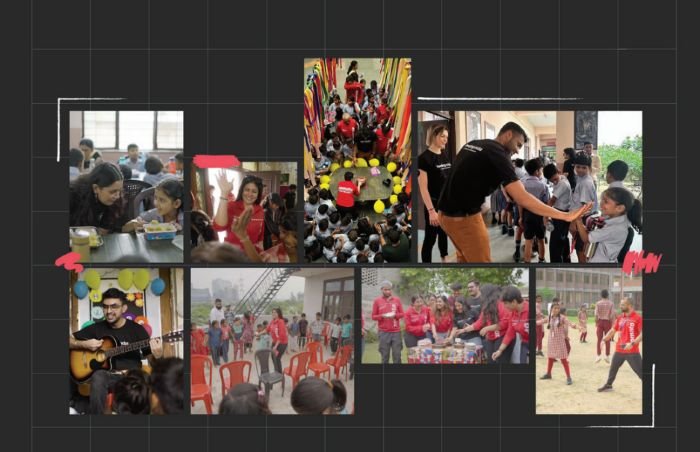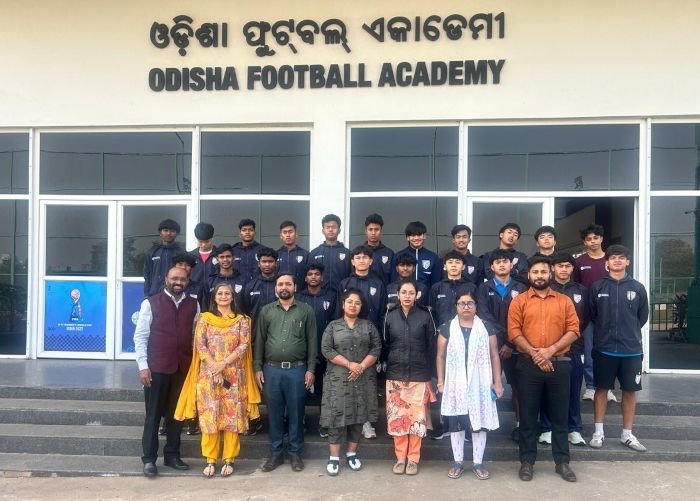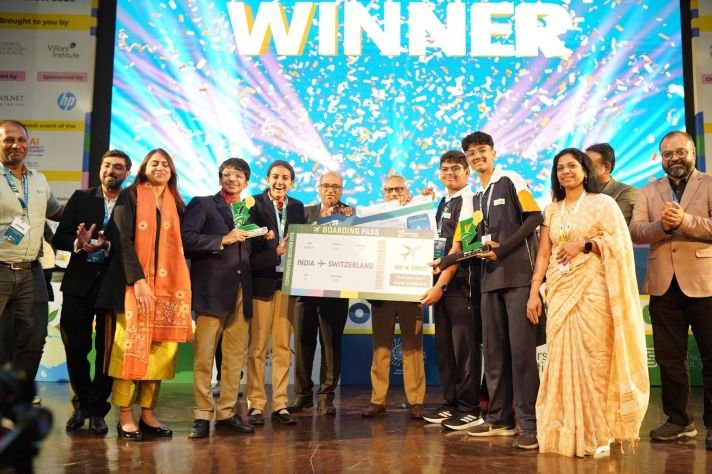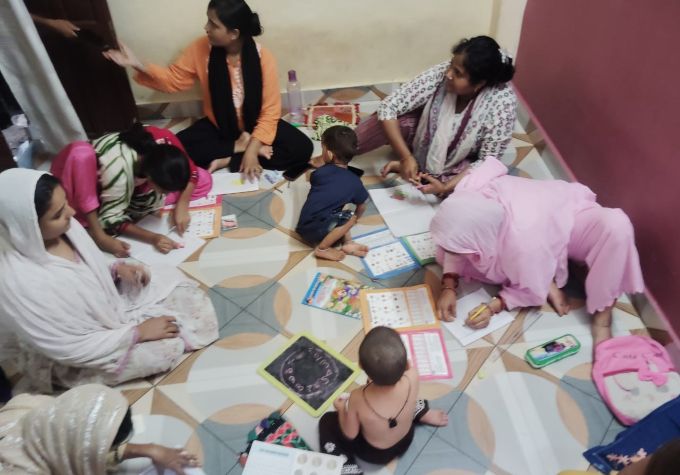
A pilot study being conducted by DEVI Sansthan in collaboration with the University of Canterbury, New Zealand, explores whether basic literacy significantly improves mental well-being, emotional resilience, and self-worth among women in low-income urban communities. DEVI Sansthan identified and enrolled women from low-income groups in several slums of central Lucknow, such as Nai Basti, Janta Nagri, Daliganj bridge and others.
The literacy intervention, which is spanning over 15-weeks, consists of 70 women aged 18–50, many of whom had never been to school. These women are now being taught reading, writing, and basic maths through DEVI’s ALfA (Accelerating Learning for All) pedagogy. Unlike traditional education models, ALfA promotes foundational literacy and numeracy (FLN) through peer learning and critical thinking. These informal classes are conducted in local courtyards and shared spaces, allowing women to fit learning into their daily routines.
The study is based in Lucknow, a city of 4.2 million people and the capital of Uttar Pradesh, focusing on women from low-income households and residing in informal urban communities in the old city. These localities are home to migrants from various North Indian states, with high representation of Scheduled Caste and Muslims, among others. A recent survey in Nai Basti, one of Lucknow’s largest slums, found that 60% of households were OBC and 87% were Muslim.
Women acquiring basic literacy skills are reporting noticeable improvements in mood, self-confidence, and their role within family decision-making, as well as reduced feelings of isolation. “This study confirms that literacy is more than an academic outcome—it is a form of healing and empowerment,” said Dr. Sunita Gandhi, Founder of DEVI Sansthan and co-investigator of the study. “Every woman who learns to read begins to stand taller, think clearer, and hope harder. She becomes a Malala in her own right—fearless and vocal.”
The study employs psychological assessment tools, including Self – reported questionnaire, Warwick Edinberg test and the Participation Scale, to track shifts in participants’ mental well-being. Many of the women describe the learning sessions as the only ‘me- time’ they have in their daily lives, creating emotional relief, friendship with co-learners, and shared strength.
Heena, a young high-schooler who leads literacy classes in her slum. “Women juggle housework, stitching, and toddlers,” she says. “We adapt class timings to their lives. Learning should liberate, not burden.”
Gulnaaz, a 22 year old learner from Nai Basti, who wrote her name for the first time, said, “Ab mai apne naam se jaani jaungi” (Now, I’ll be known by my own name). Shamima, a mother of a six-month-old, added, “I will teach my daughter Mannat to read and write. No more labels of being ‘Nirakshar’ (illiterate).”
“This research makes a powerful case for integrating literacy into public mental health strategies,” noted Dr Prajakta Shukla, research coordinator and study co-author. “In low-resource settings, even simple learning circles like these can offer protective benefits against depression, anxiety, and social exclusion.”


